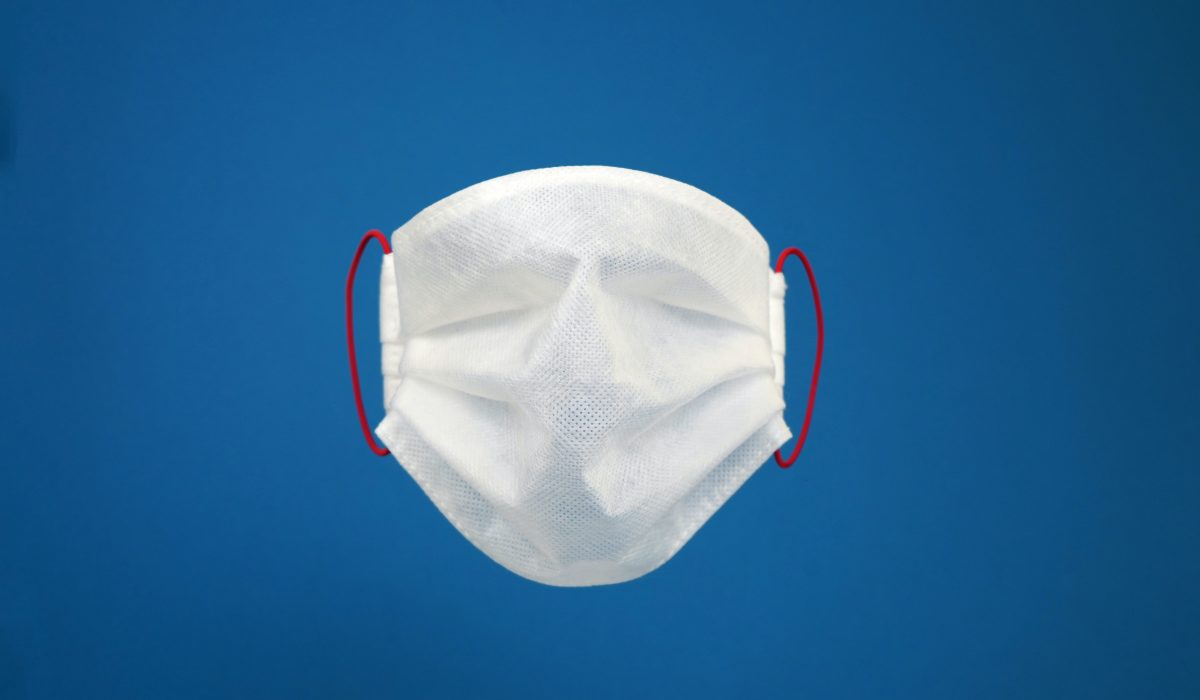How Hotels can Increase Air Quality
Indoor air quality has been a relevant topic for the past couple of years in the hotel industry since the spread of COVID-19 raised health and safety concerns for hotel guests and employees. Navigating a post-pandemic world will mean creating new safety protocols, to ensure healthy environments and reduce concerns.Cleanliness has always been an important aspect of guests’ expectations. During the spread of COVID-19, the cleaning of surfaces that are frequently touched was a big focus. However, ensuring clean air should also be a priority. Because of insufficient air filtration and poor ventilation, the air inside a building can be often contaminated. As a result of the pandemic, guests now know that stagnant air can cause the rapid spread of viruses and bacteria.
Masks, Open Windows, and Air Purifiers
The best ways to prevent airborne transmission indoors, according to the US Environmental Protection Agency, are to wear masks, practice social seclusion, and open windows to let a draft pass through. Air purifiers, however, “may help minimize airborne pollutants, including viruses, in a home or confined space when used properly,” the US Centers for Disease Control and Prevention (CDC) adds.
Recent studies have revealed that due to low air exchange rates, poor maintenance, and a lack of HEPA-grade filters in hotel lobbies and business centers; ventilation systems have contributed to the transmission of infectious diseases, including COVID-19. That is why hotels are using air purifying equipment to help keep guests healthy.
HEPA Filters on the Rise
HEPA filters, or high-efficiency particulate air (also known as high-efficiency particulate absorbing filter) is an efficiency standard for air filters. For instance, a HEPA filter is required to remove at least 99.95% of particles from the air it passes through – per ISO and European Standard. Pollen, dirt, dust, moisture, bacteria, and viruses are all captured by HEPA filters.
In 2018, 11% of hotels provided air purifiers in guest rooms, but since the COVID-19 pandemic has shown how poor indoor quality can contribute with the spread of viruses, the numbers are expected to grow significantly. While the market for HEPA filters was valued at 2,532.4 million in 2019, it is anticipated to expand at an annual growth rate of 7.4% from 2020 to 2029.
UV-C Light for Air Disinfection
When implementing air purifiers in guest rooms and common areas, hotels should ensure that the filters used in specific air purifiers are up to HEPA standards. While these filters are good at removing pollutants from the air, an additional UV-C light (ultraviolet wavelength) can disinfect the air in a matter of minutes by getting rid of bacteria, viruses, and germs. Because there is always a risk someone could be unknowingly sick, having UV-C as well as a HEPA filter could be a good idea as a safety measure for keeping the air clean.
UV-C radiation disinfects air, surfaces, objects and water by neutralizing viruses and bacteria. It has been used on a large scale for more than 40 years – and with considerable success: All bacteria and viruses tested to date respond to UV-C disinfection. And there have been many hundreds over the years, including various coronaviruses.



